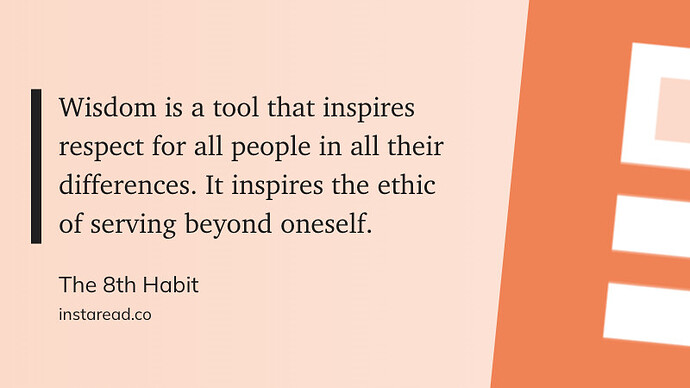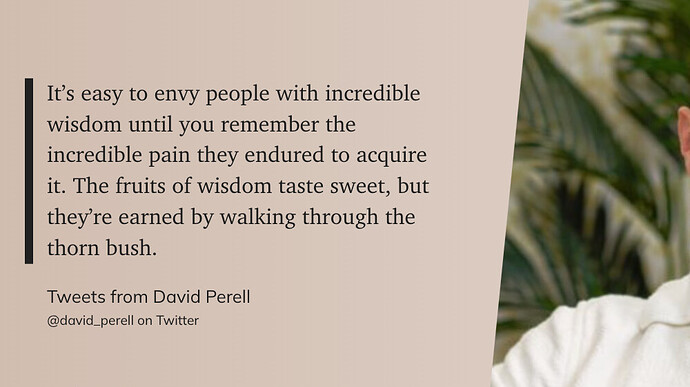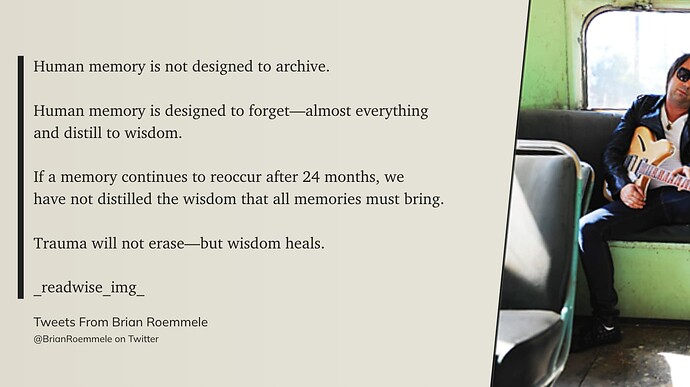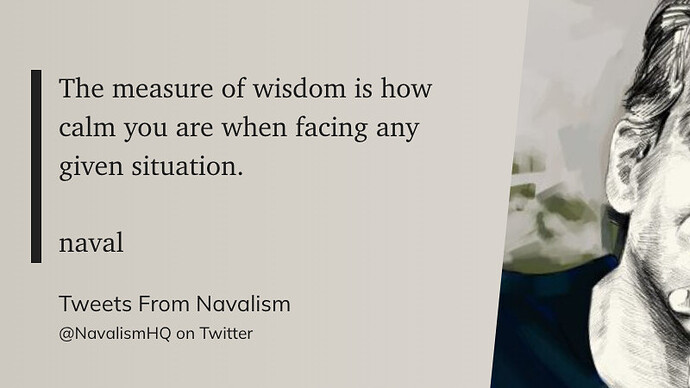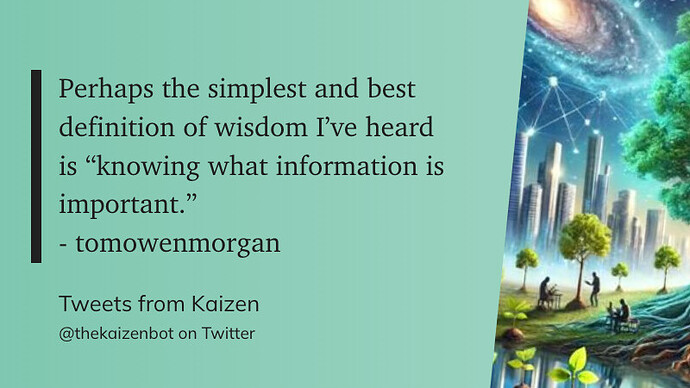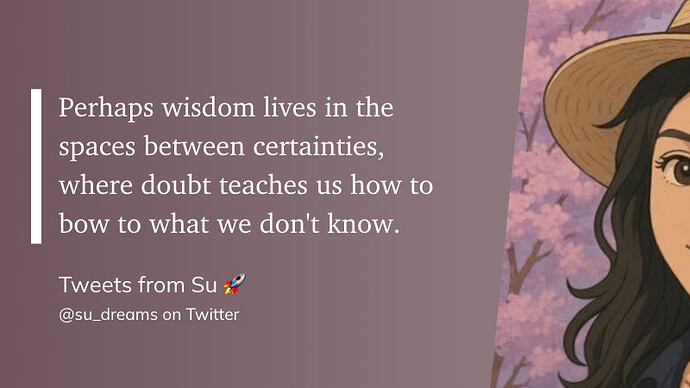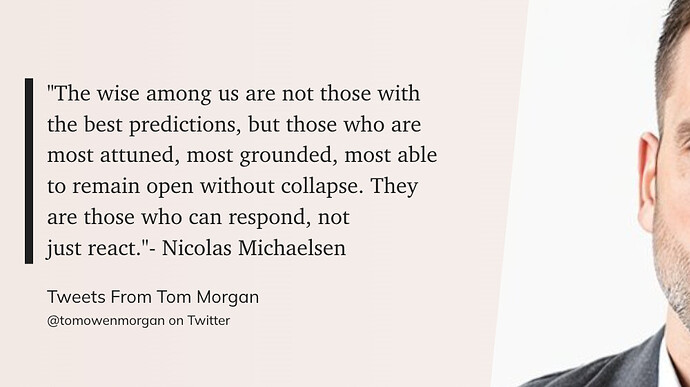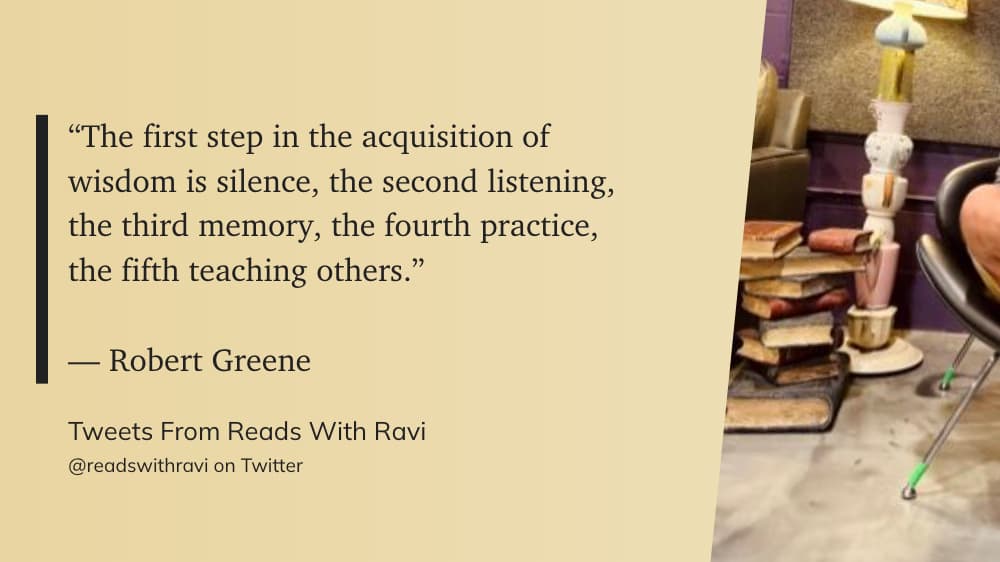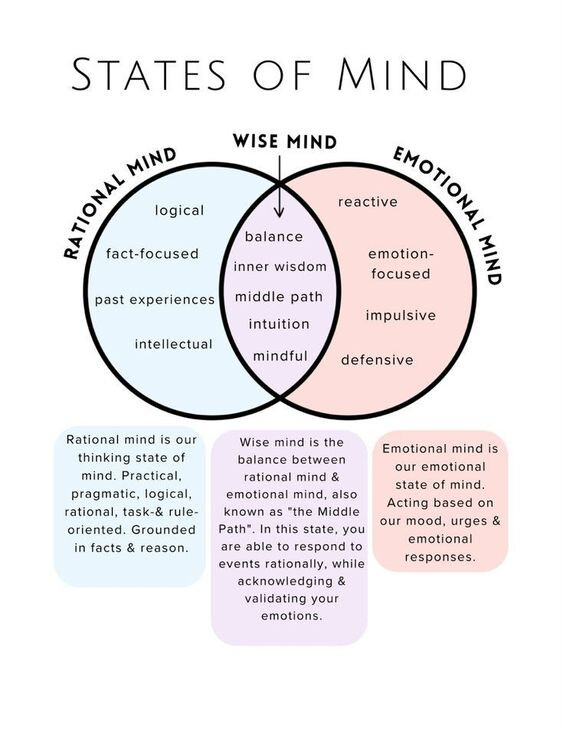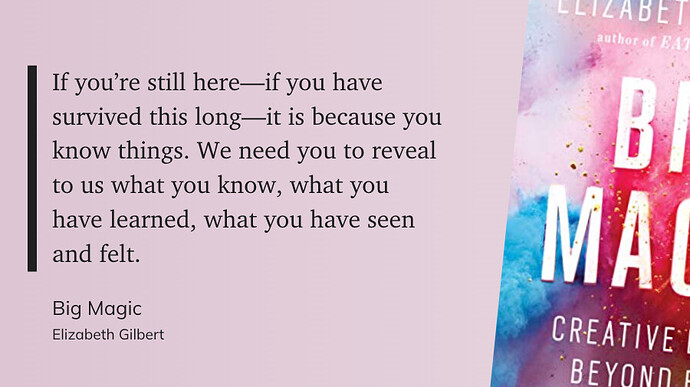Wisdom
Wisdom grows and deepens through experience, knowledge, choices, and inspired actions that support thriving for all.
- Experience flows from exploring life with curiosity, which helps us wisely discern what supports thriving from what does not.
- The knowledge of potent concepts (both ancient and fresh) helps us make wise and practical choices while adapting to life’s challenges with real skill and confidence.
- Inspired action that arises from our growing wisdom expands our heartistry to influence our own well-being and support thriving for all.
Wisdom for Surviving… Wisdom for Thriving
Humans have a vast base of knowledge — often gathered through pain and loss — about how to survive. We also have wisdom about thriving. It’s useful to discern one from the other.
When we’re in the forest, there are threats. Watch where you step! A forest has obstacles that can hurt our bodies. Beware what you eat! A forest can have berries and mushrooms that are beautiful… and deadly. Be aware all around you! A forest can have predators that can kill us… and even cute little skunks can smell up our day.
Those who have lived in a territory have wisdom about how to survive there. It’s unwise to be ignorant of such wisdom, and it’s dangerous to ignore it. That’s wisdom for surviving.
In every human activity — sport, relationship, profession, hobby — there is wisdom for surviving. It’s useful to learn such wisdom, even if we choose to consciously take risks others would not.
In the forest, there are sounds, smells, and sights! Look closely and discover wonders aplenty. Soften your eyes and take in nature in its glory. Feel how each new section of the trail changes how you move and relate to your surroundings.
What textures attract you? How does it feel when the sun breaks through the trees and shines on your heart? Notice how past death and fresh sprouts exist in the same sliver of the whole. Breathe it in. Exhale whatever you no longer need.
That is wisdom for thriving. Same forest.
Wisdom for surviving helps us confidently explore our thriving.
But what if we’re short of useful wisdom on surviving in a particular place or situation? In such cases, wise guides are useful. They can help those with less depth of knowledge and experience navigate with safety… and hold space for curious exploration.
Wisdom Wrapped in Humility
Wisdom is meant to be shared.
Shared survival wisdom means those we care about are less likely to be seriously or fatally injured or develop chronic disease. Parents pass on survival wisdom they have learned to their children, sometimes freshening it for the times we live in now.
Wisdom for thriving helps us grow and expand and live a lifestyle that suits us ever more deeply and completely.
But…
The survival wisdom for a desert is different from that of a rainforest. So, too, wisdom for thriving in one culture or for one person’s nature may be utterly different from the wisdom that would support your thriving.
Wrapping the wisdom we share in humility means we acknowledge upfront that the wisdom we’re offering feels good and right for us, for who we are and what matters to us personally and amongst those who share kinship with us.
Imagine telling someone who is skilled and delights in rock climbing that to survive it’s “wise to avoid high places where you might fall.” Ok, true if you value “not falling at all cost” over the challenge and adventure of rock climbing!
To thrive in certain cultures, too, brings variations in applicable wisdom.
Emotional Freedom, for example, supports more thriving. Suppressed and punished feelings cause trauma. And generational trauma stops many, many people from expressing their heartistry.
However… there are cultures where “obligation” is what is respected, and to be free feeling and free thinking can bring threats to survival and even being outcast or worse. Here’s where we humbly know that this wisdom — these useful concepts for thriving — can run into apparent conflict with wisdom for surviving in certain groups and countries.
Whether person-to-person or in a sharing like this… we feel it is loving and useful wisdom to wrap even your most profound truth and dearest wisdom in the humility of not knowing if… or when… it will be right for any other.
Useful Questions
- What wisdom do I know that applies here?
- Is this wisdom for surviving or thriving?
- What have I experienced where I have yet to harvest wisdom for my future surviving and thriving?
Resources
Related Concepts
Awareness, Body Guidance, Choices, Clarity, Co-Creating, Concepts, Curiosity, Discernment, Diversity Spectrum, Heartistry, Influence, Lifestyle Design, Practical, Real Skills, Student-Teacher, Useful Questions, Usefulness
Links
- Discuss Wisdom in the Community Center
- Share this link to the Concept of Wisdom: https://www.thrivingnow.com/concept/wisdom
